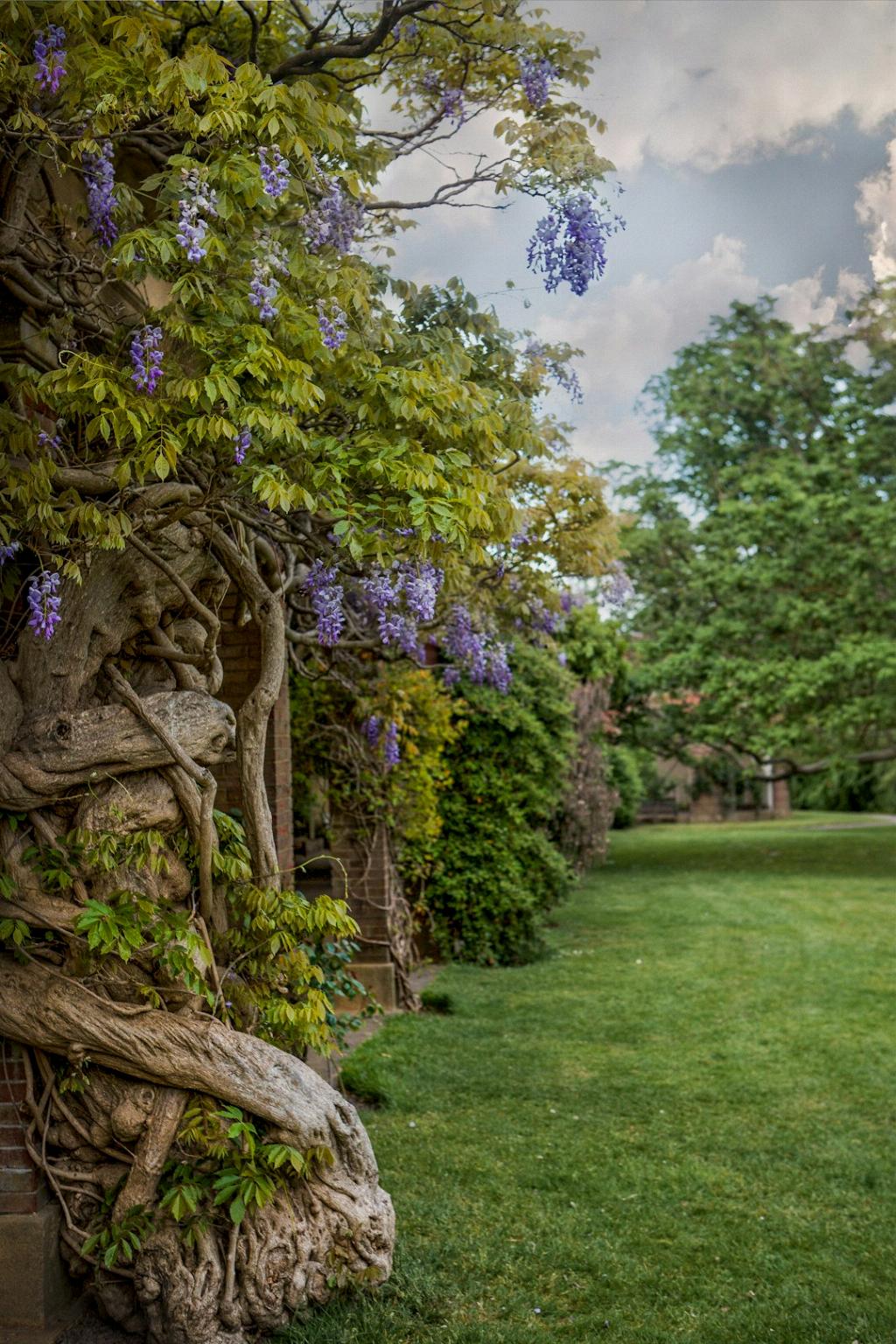When it comes to protecting your garden from curious pets or pests, using everyday items like forks can be a surprisingly effective solution. By strategically placing forks in your garden beds, you can create a barrier that deters animals from trampling on your plants or using the area as a litter box.
How Forks Can Help Protect Your Plants
Placing forks with their tines facing upward in the soil serves as a visual and physical deterrent for pets and other animals. The sharp ends of the forks make it uncomfortable for animals to walk or dig in the soil, thereby preventing them from causing damage to your plants.
An Environmentally-Friendly Garden Hack
Using forks in your garden is a cost-effective and eco-friendly solution to keep your plants safe. Rather than resorting to harmful chemicals or expensive fencing, repurposing old forks can help maintain a healthy and thriving garden without harming the environment.
Promoting Natural Gardening Practices
By incorporating forks into your gardening routine, you are embracing a natural and non-invasive method of protecting your plants. This approach aligns with sustainable gardening practices, as it minimizes the use of artificial deterrents and encourages a harmonious coexistence with wildlife.
The Versatility of Forks in Garden Protection
In addition to deterring pets, forks can also help safeguard your garden from other potential threats. From pesky birds to small rodents, the presence of forks in your garden can act as a versatile barrier that protects your plants from a range of different intruders.
Maintaining the Aesthetic Appeal of Your Garden
Despite their practical function, forks can also add a unique and decorative element to your garden. The sight of forks nestled among your plants can be visually appealing, enhancing the overall aesthetics of your outdoor space while serving a practical purpose.
Experimenting with Creative Garden Solutions
Embracing unconventional methods like using forks in your garden allows you to explore creative solutions to common gardening challenges. By thinking outside the box and repurposing household items, you can discover innovative ways to protect your plants and foster a thriving garden ecosystem.
Reducing the Need for Harsh Chemicals
Many conventional pest control methods rely on chemical solutions that can be harmful to both your plants and the environment. By opting for natural alternatives like forks, you can avoid the need for toxic substances and promote a more eco-friendly approach to garden maintenance.
Cultivating a Healthy and Safe Garden Environment
Creating a safe and secure environment for your plants is essential for their growth and longevity. By implementing simple yet effective measures like using forks, you can nurture a healthy garden ecosystem that thrives without being threatened by external disturbances.
Embracing Sustainable Gardening Practices
As awareness around environmental conservation grows, more gardeners are seeking sustainable solutions to minimize their impact on the planet. Incorporating eco-friendly tactics such as placing forks in your garden not only protects your plants but also contributes to a greener and more sustainable gardening ethos.
Personalizing Your Garden Protection Strategy
Every garden is unique, and finding the right approach to protect your plants requires a personalized strategy. By experimenting with different methods like using forks, you can tailor your garden protection tactics to suit your specific needs and preferences, ensuring the long-term health of your plants.
Conclusion
While the idea of putting forks in your garden may seem unconventional, the benefits of this simple yet effective method are undeniable. From deterring pets and pests to promoting sustainable gardening practices, incorporating forks into your garden can help create a safer, healthier, and more vibrant outdoor space for you to enjoy.

